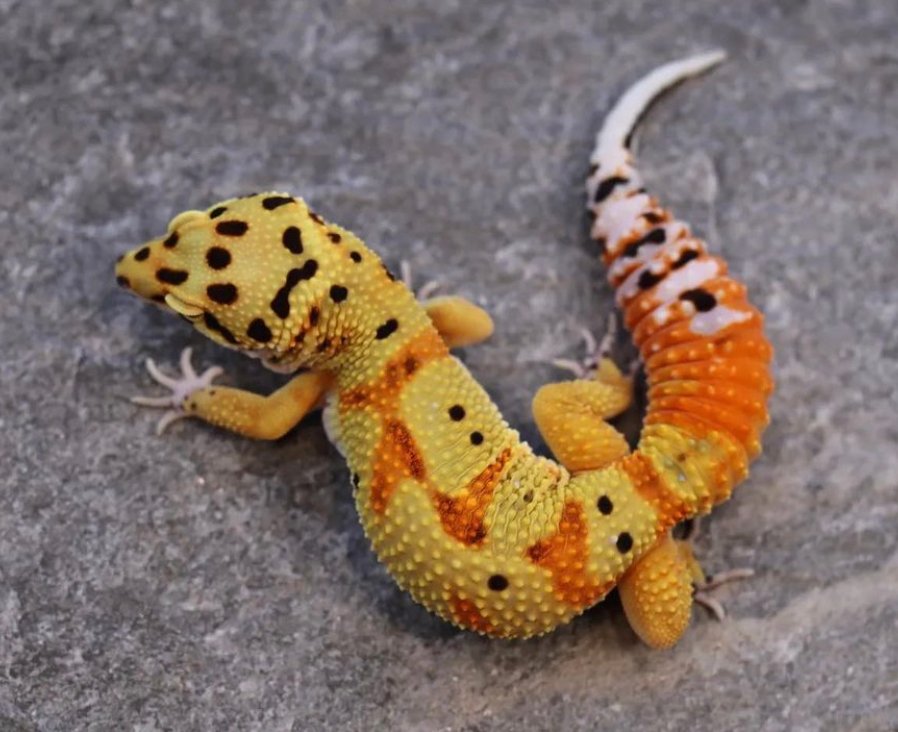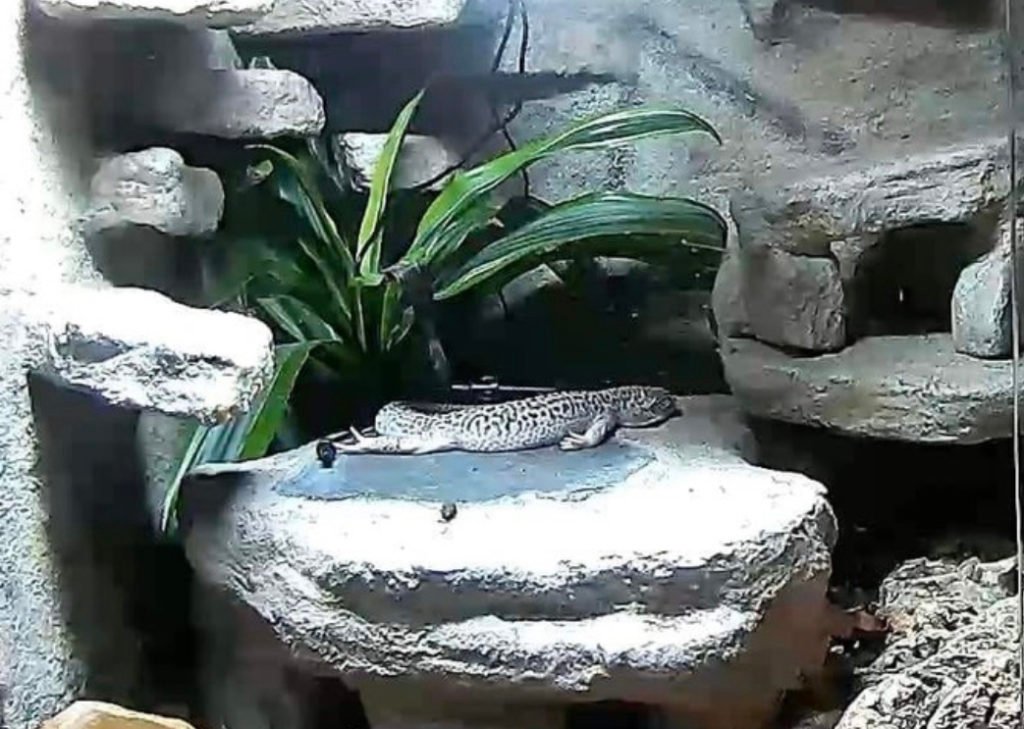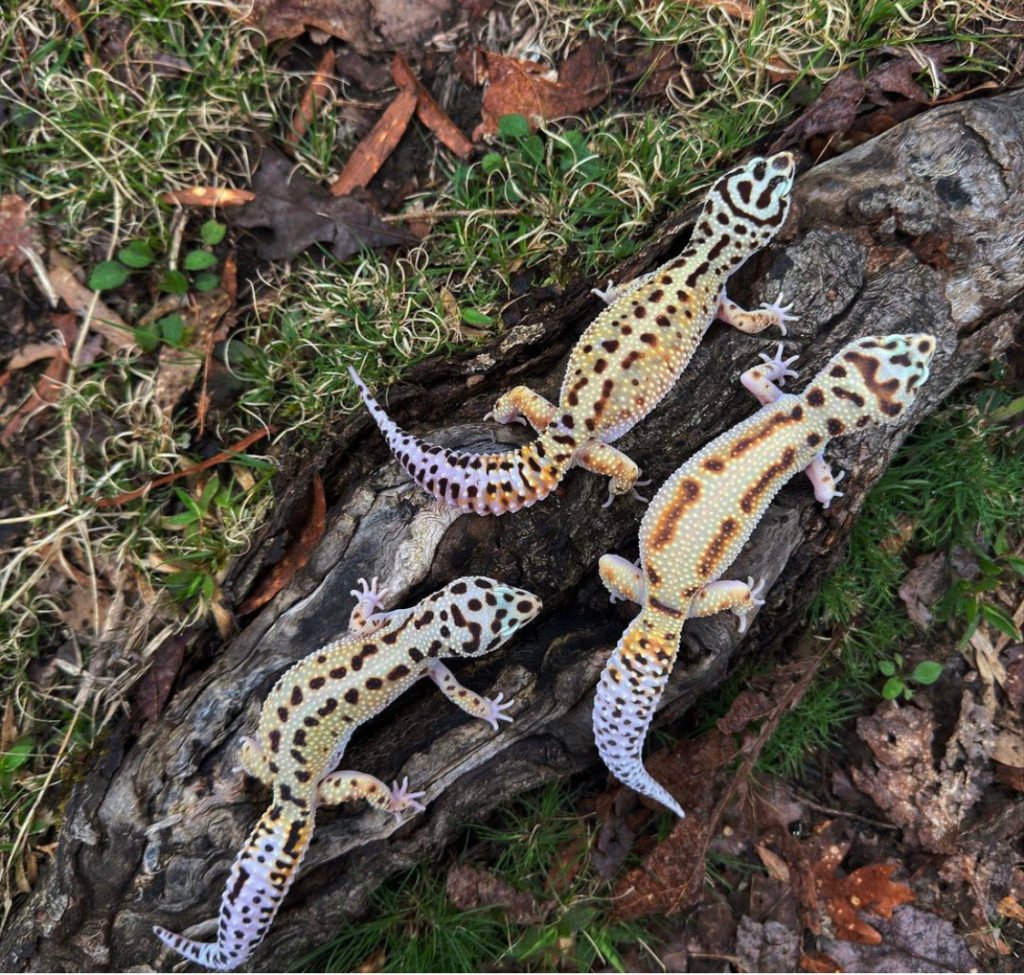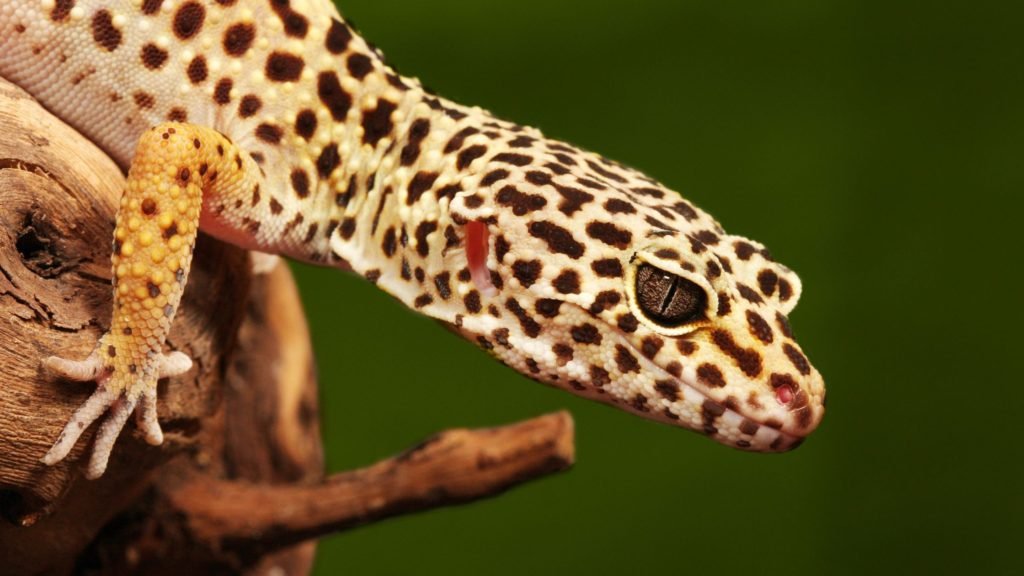Do leopard geckos like to be pets? Find out if these docile creatures enjoy human interaction and learn how to handle them safely. Discover tips on creating a suitable habitat, providing proper nutrition, and maintaining their health.
Leopard Geckos are small, terrestrial lizards that belong to the Eublepharidae family. They are native to the deserts of Pakistan, Afghanistan, and India. Pet owners choose these reptiles because of their friendly attitude, low maintenance needs, and fascinating beauty.
Common Misconceptions about Leopard Geckos
Despite being popular pets, many misconceptions surround Leopard Geckos. Some believe they are aggressive and dangerous, while others think they need high-humidity environments. These misconceptions often result in poor care, neglect, or abandonment of these animals.

Do Leopard Geckos Like to be Pets?
Physical Characteristics of Leopard Geckos
Leopard Geckos are small creatures with distinct physical characteristics, such as their leopard-like spots, large eyes, and long tails. They have soft, scaly skin that is easy to care for and maintain.
Social Behavior of Leopard Geckos
Leopard Geckos are solitary creatures that are not naturally social. They prefer to live alone and only interact with others during mating season. However, they do not mind being around humans and can recognize their owners.
Preference for Human Interaction:
- Tolerance for Handling: Leopard Geckos can tolerate being handled but prefer to be left alone. They may squirm or hide when picked up, but this is their natural response to perceived danger.
- Signs of Stress in Leopard Geckos: Leopard Geckos show signs of stress through behavior changes such as hiding, not eating, or excessive shedding. Stress can also cause physical health problems, such as decreased immunity and illness.
- Bonding with Leopard Geckos: Leopard Geckos can form bonds with their owners through consistent and gentle interaction. Feeding by hand, whispering, and offering a warm, safe environment can help build trust and affection.

You may Also Interest: Viper Gecko: The Perfect Addition to Your Home
How to Properly Pet a Leopard Gecko
Preparing for Interaction
Before handling a leopard gecko, wash your hands with mild soap and water to remove dirt or residue. Ensure the area is free from loud noises and other pets to prevent stress. Approach your gecko slowly and avoid sudden movements.
Safe Handling Techniques
When handling your leopard gecko, support its body with both hands, one under its chest and the other supporting its hind legs. Avoid grabbing their tail or squeezing their body, which can cause injury.
Recommended Frequency and Duration of Handling
Leopard geckos are more comfortable being left alone than being handled frequently. Experts recommend holding for no more than 10 to 15 minutes at a time, once or twice a week, to prevent stress and overstimulation.
Avoiding Harmful Practices
Leopard Geckos are delicate creatures that can quickly become injured. Avoid handling them during shedding or when they are unwell. Do not force interaction or allow young children to take them unsupervised.
You may Also Interest: Pink Crested Geckos: Everything About This Amazing Reptile
Additional Tips for Leopard Gecko Pet Owners

Creating a Suitable Habitat for Leopard Geckos
Leopard Geckos require a suitable habitat to thrive in captivity. A terrarium with a secure lid, a heat source, a hiding spot, and a shallow water dish is necessary for their well-being. The enclosure should also have a substrate that is safe and easy to clean.
Providing Proper Nutrition for Leopard Geckos
Leopard Geckos require a balanced diet that includes live insects and a vitamin supplement. Crickets, mealworms, and waxworms are all suitable food options. Ensuring that the insects are gut-loaded and dusted with calcium powder is essential.
Health Concerns and Veterinary Care
Leopard Geckos are susceptible to health issues like metabolic bone disease, respiratory infections, and parasitic infestations. Regular veterinary check-ups and appropriate medical attention are necessary to keep your pet healthy.

